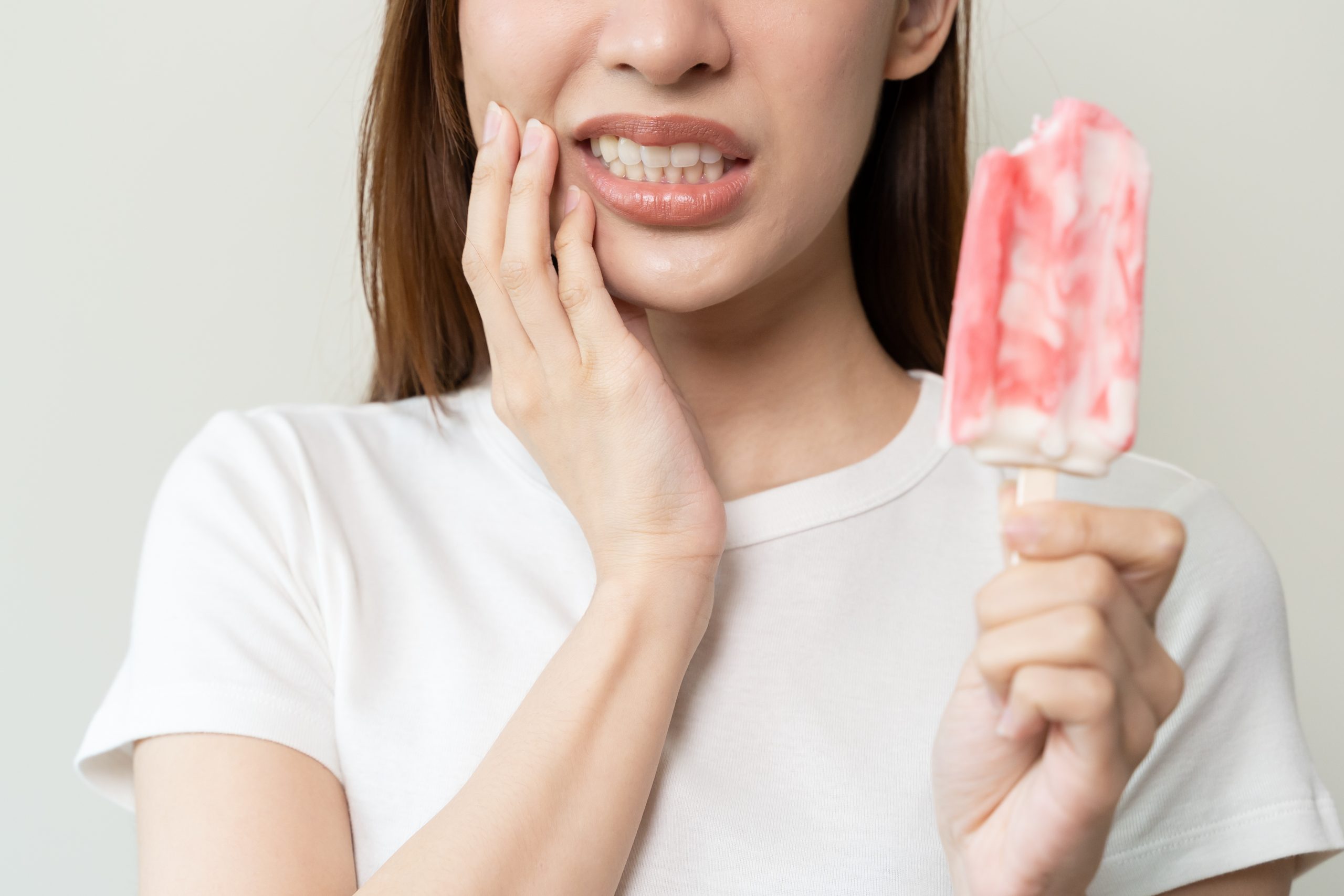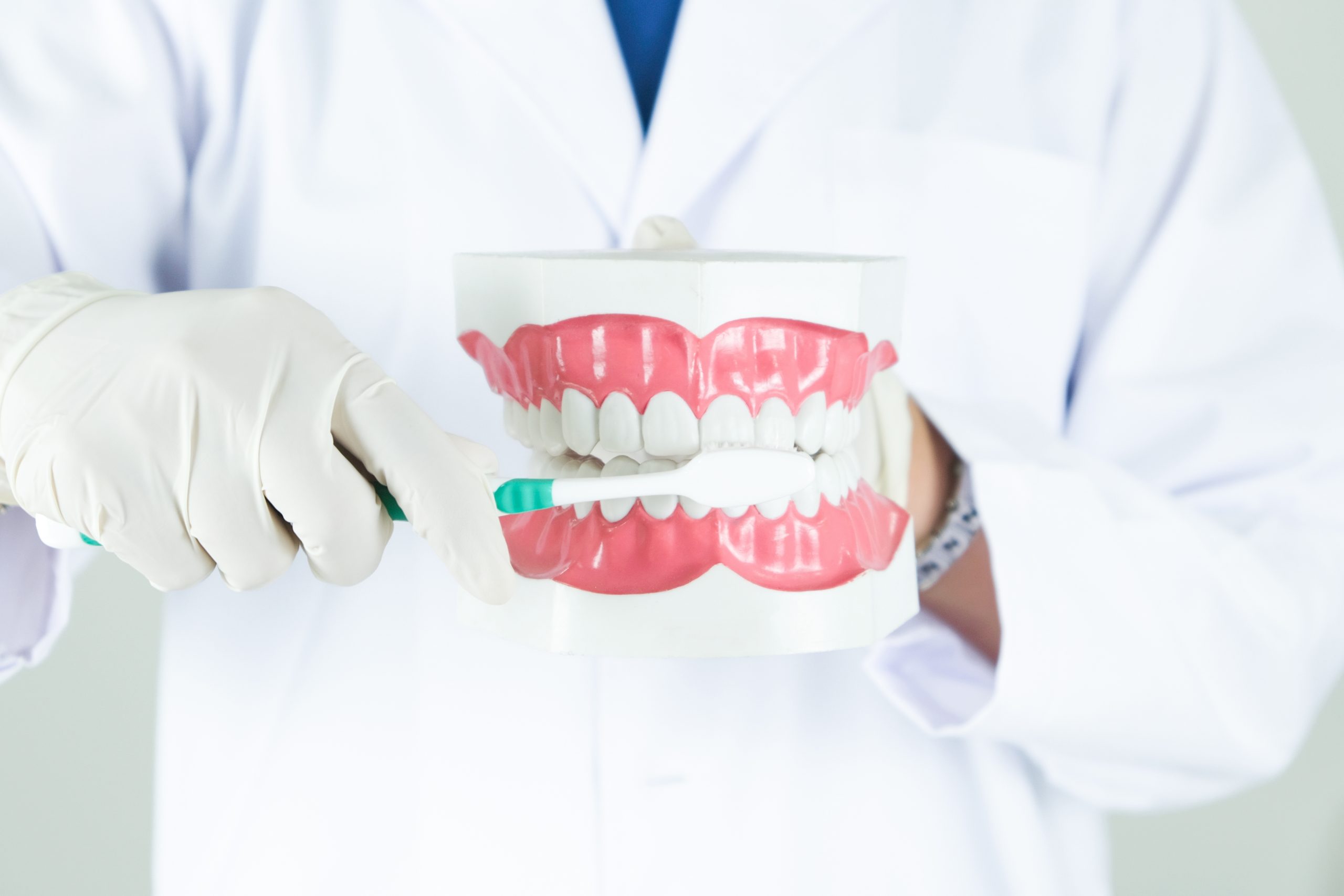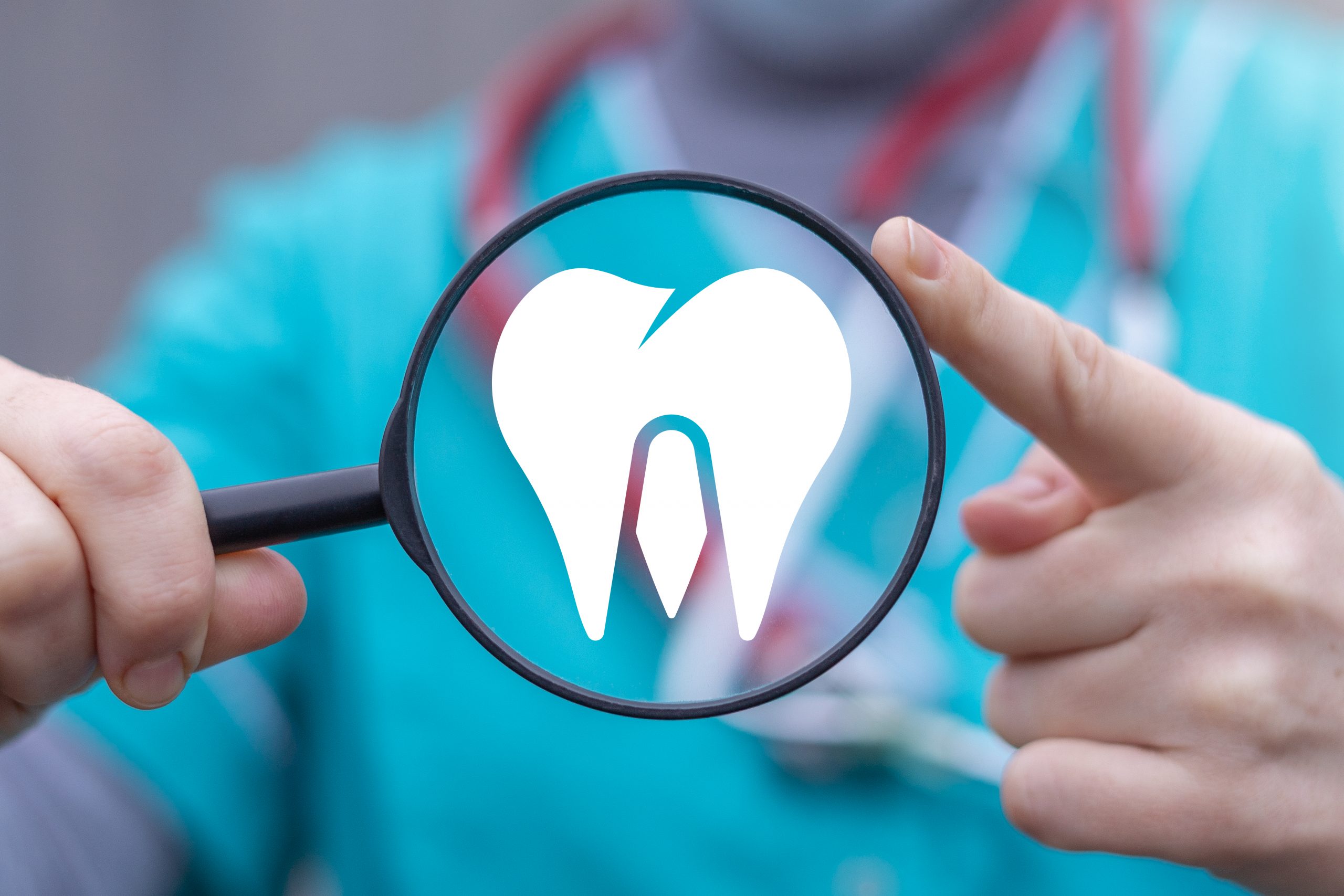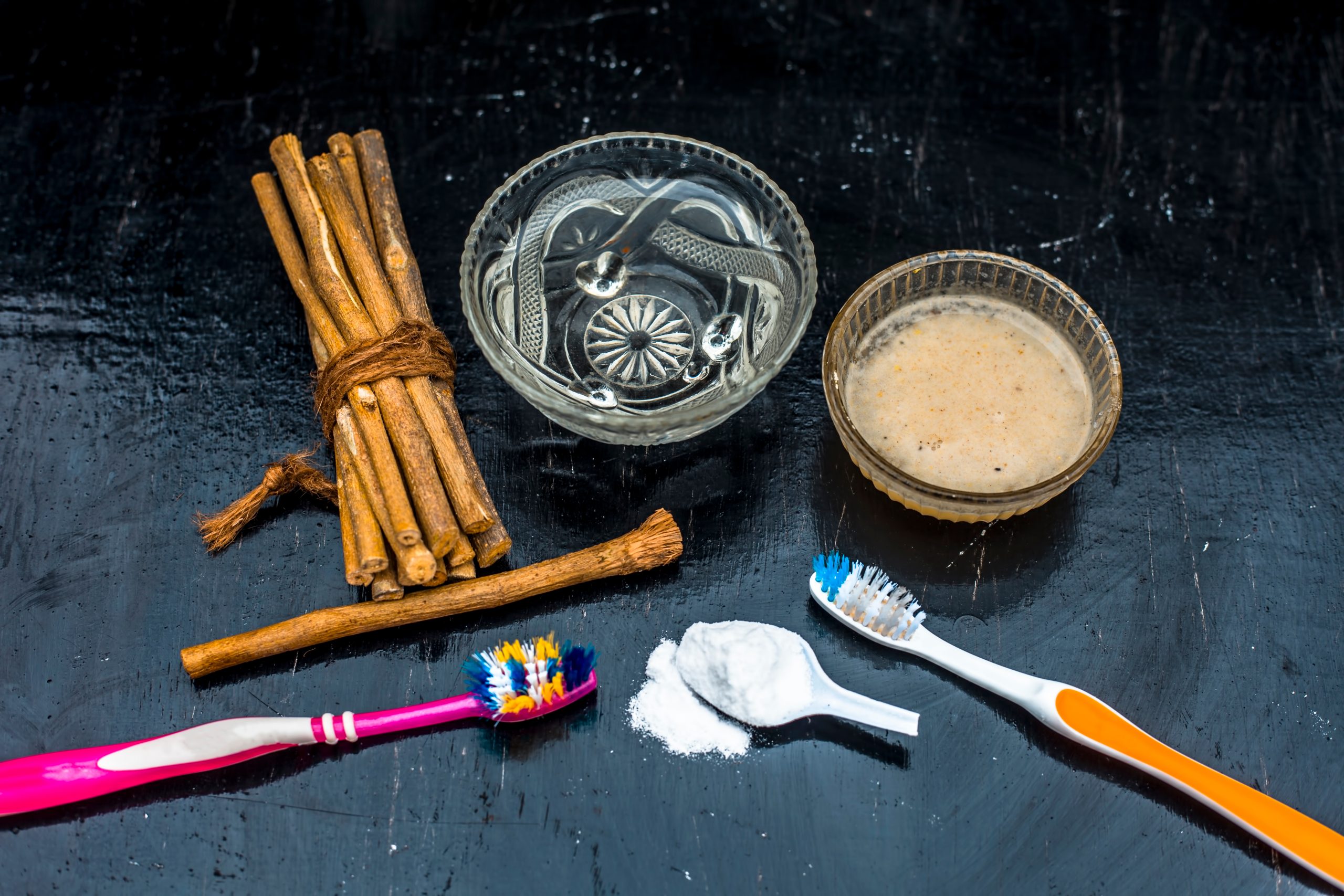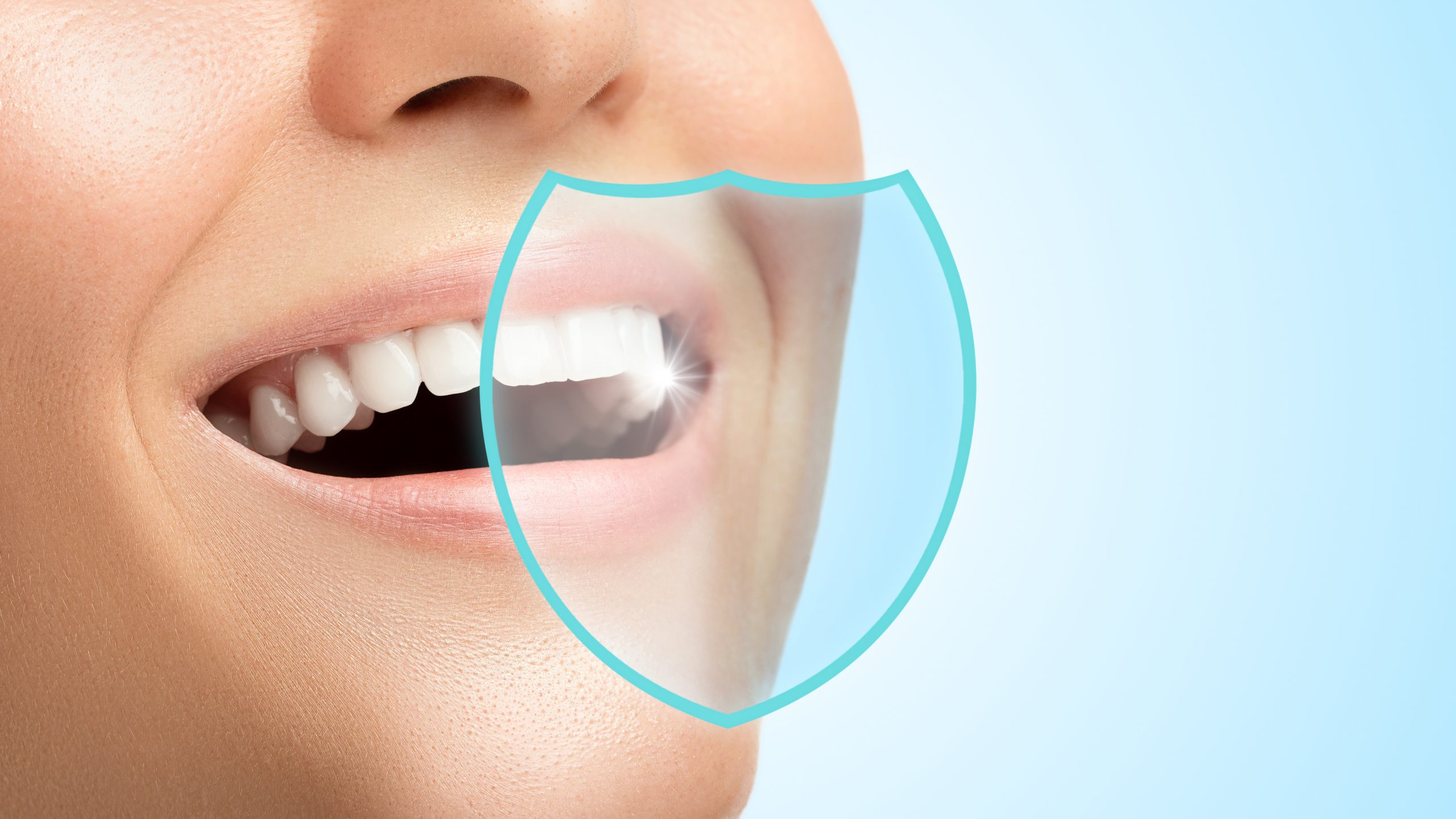Sensitive teeth can be a frustrating and uncomfortable dental condition. It occurs when the protective layer of enamel on the teeth wears down, exposing the underlying dentin and nerve endings. Common triggers include hot or cold food and drinks, acidic foods, and sweet or sugary treats. If you’re dealing with tooth sensitivity, there are several steps you can take to manage it effectively and improve your dental health. In this article, we will explore some helpful tips for managing sensitive teeth.
- Practice Proper Oral Hygiene:
Maintaining good oral hygiene is crucial for managing sensitive teeth. Brush your teeth gently using a soft-bristled toothbrush and fluoride toothpaste. Avoid brushing aggressively or using a hard-bristled brush, as it can further damage the enamel. Additionally, make sure to floss daily to remove plaque and prevent gum disease, which can exacerbate tooth sensitivity.
- Use Desensitizing Toothpaste:
Desensitizing toothpaste is specially formulated to help reduce tooth sensitivity. These toothpaste varieties contain compounds like potassium nitrate or strontium chloride, which help block the nerve endings and provide relief. Use desensitizing toothpaste regularly as part of your oral hygiene routine for long-term benefits.
- Avoid Acidic Foods and Drinks:
Acidic foods and beverages can erode tooth enamel and worsen tooth sensitivity. Limit your consumption of acidic foods such as citrus fruits, tomatoes, and vinegar. Be cautious with acidic drinks like sodas, fruit juices, and carbonated beverages. If you do consume them, use a straw to minimize contact with your teeth, and rinse your mouth with water afterward.
- Be Mindful of Your Brushing Technique:
Proper brushing technique is essential for managing sensitive teeth. Brush gently using circular or back-and-forth motions, rather than scrubbing aggressively. Brushing too hard can lead to enamel erosion and gum recession, making your teeth even more sensitive. Ask your dentist or dental hygienist to demonstrate the correct brushing technique during your next dental visit.
- Limit Teeth Grinding and Clenching:
Grinding or clenching your teeth, often during sleep, can contribute to tooth sensitivity. This habit, known as bruxism, can wear down the enamel and expose the sensitive dentin. If you suspect you grind your teeth, consult your dentist about a custom-fitted mouthguard or splint to protect your teeth while you sleep.
- Rinse with Fluoride Mouthwash:
Using a fluoride mouthwash can help strengthen tooth enamel and reduce sensitivity. Rinse your mouth with fluoride mouthwash after brushing your teeth. Swish the mouthwash around your mouth for the recommended time and then spit it out. Avoid eating or drinking anything for at least 30 minutes after rinsing to allow the fluoride to work effectively.
- Visit Your Dentist Regularly:
Regular dental check-ups are essential for maintaining oral health, including managing tooth sensitivity. Schedule routine dental visits every six months or as recommended by your dentist. During these visits, your dentist can assess your tooth sensitivity, provide professional cleaning, and offer personalized recommendations for managing and reducing sensitivity.
- Limit Whitening Products:
Teeth whitening products, especially those with high concentrations of bleaching agents, can cause tooth sensitivity. If you’re prone to sensitive teeth, consider using whitening products with lower concentrations of bleaching agents or consult your dentist for professional whitening options.
Remember, everyone’s dental needs and sensitivity levels are unique. If your tooth sensitivity persists or worsens despite your efforts, it’s important to consult with your dentist. They can perform a thorough examination, identify the underlying cause of your sensitivity, and recommend appropriate treatments or interventions tailored to your specific situation. By taking proactive steps and seeking professional

